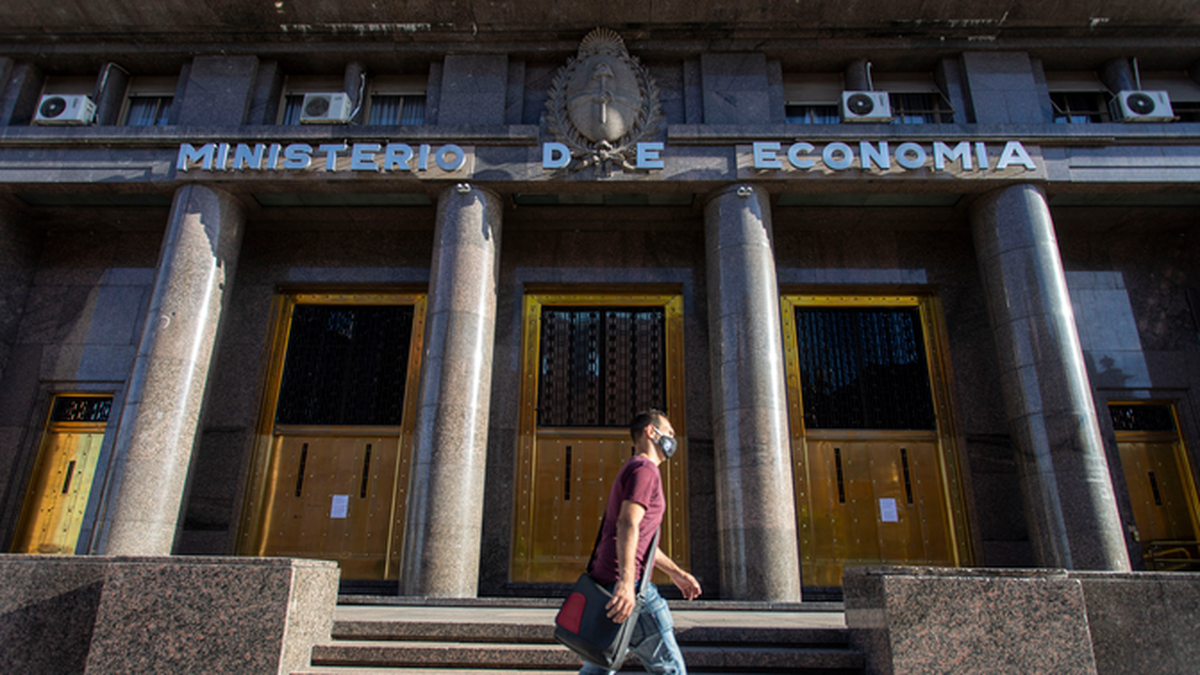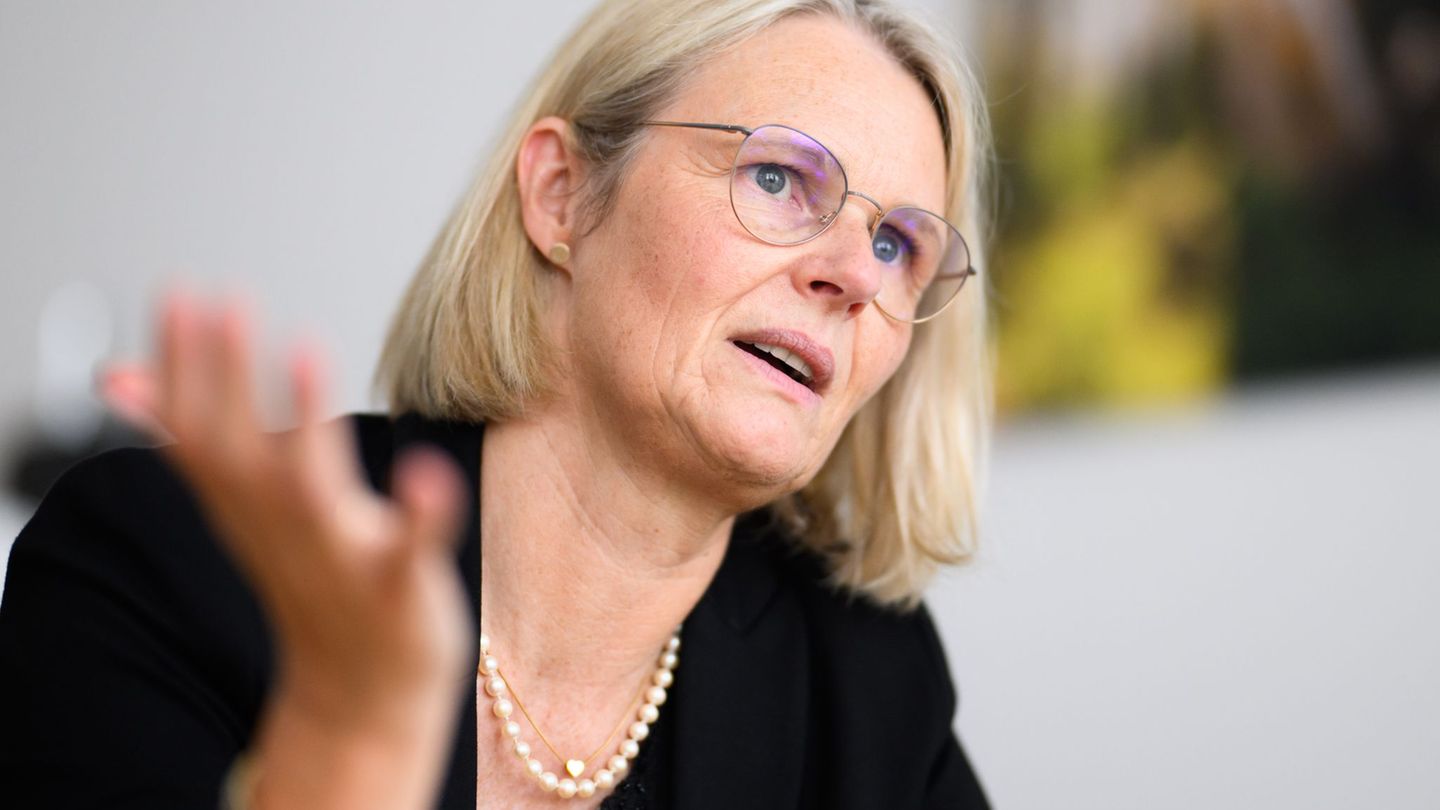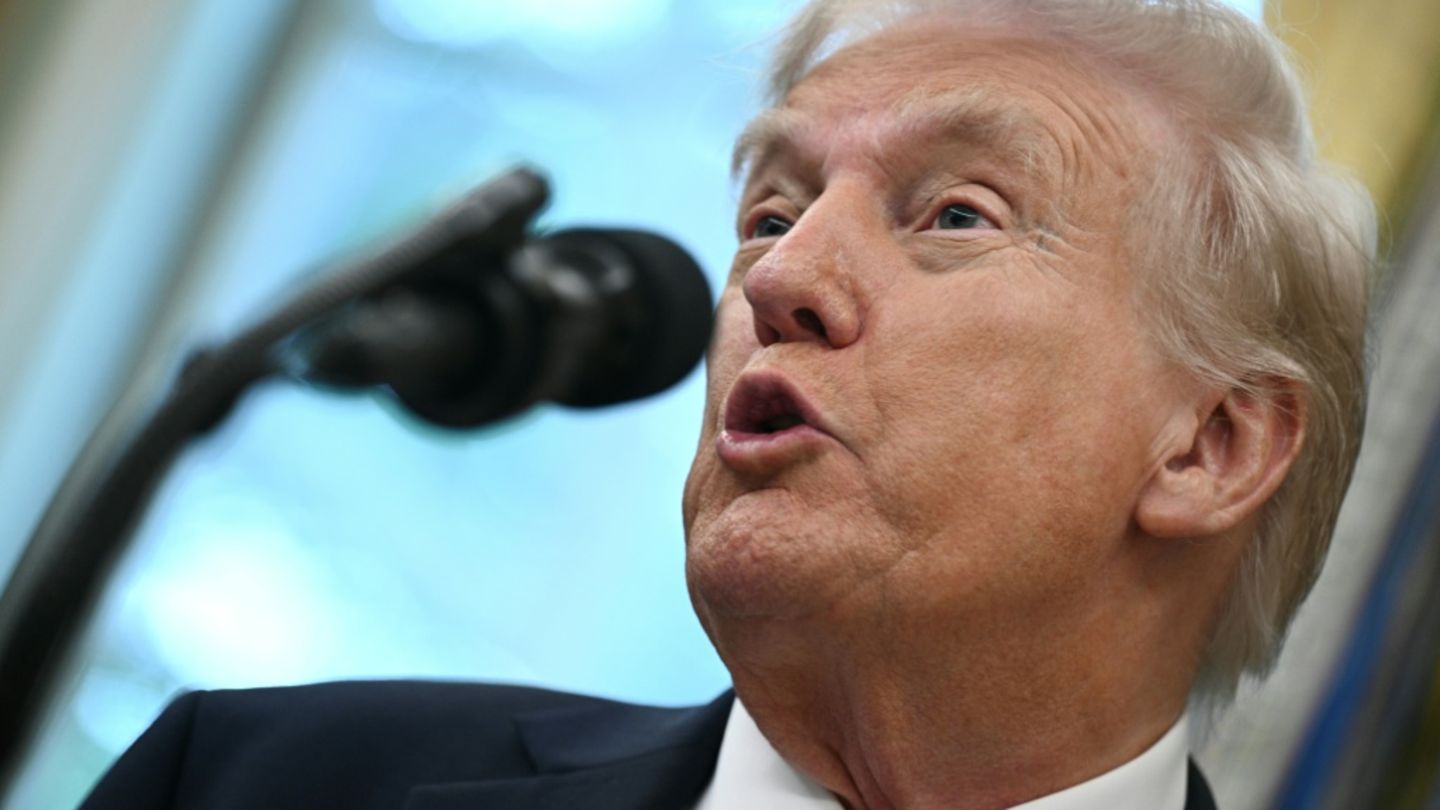This month it has to face maturities for $1.1 trillion, of which 88% is in private hands. Wednesday is the first tender to renew some $187,000 million.
After starting new conversations with the International Monetary Fund (IMF) to define a reformulation of the annual economic objectives, the Minister of Economy, Sergio Massa, will have to face a new debt maturity in pesos this Wednesday. The strategy to overcome the commitment barrier of the second quarter of the year has a nod from the credit agency.
The content you want to access is exclusive to subscribers.
In April, the wall reaches $1.1 trillion, of which 88% is in private hands and only 12% between State agencies. This week, however, only about $187 billion expire. Because it is a tender considered “small”, in the market it is expected that the Ministry of Finance will show some of the letters that can be used in the second call a week later.


In March, the Ministry of Economy managed to close with a refinancing rate of the debt in pesos of 110%, while he achieved a net for the first quarter of $471,942 million. However, in the second call last month, it barely managed to exceed the maturities it sought to cover by 3 percentage points.
Due to the fact that the inflation rate for March exceeded all the expectations of economists and private consultants, by marking 7.7%, in the market they will be attentive to the offer of indexed instruments made by the Treasury. In the last call, two inflation-adjustable bills (Lecer) were offered, for July and September, which accounted for 28% of what was negotiated. In the Lecer, the Treasury had to increase the real rate by 100 basis points to 5.52% plus inflation.
Meanwhile, if fixed rate instruments are taken, for two discount bills (Ledes) effective annual rates of 125% had to be paid. Dollar linked bonds may also be in demand. Going into A3500 dollar-adjusted bonds now and simultaneously offering futures contracts matching maturities could achieve returns of 155% per year, current market values show, based on some previous analysis.
In the market they evaluate that the Finance team it still has room to continue placing short-term debt, but it is noted that with the passage of time the current window of just over four months until PASO will be reduced.
Portfolio Personal Inversiones (PPI) details that the average life of the instruments issued in the first quarter tenders fell to 169 days from the 244 days of the second half of 2022. It represents the shortest term since the first half of 2020 (165 days), when the then newcomer team led by Alberto Fernández reshaped the DUAL20 (FY20) bond.
Meanwhile, since the IMF throws signs in favor of the management of the debt in pesos that the Treasury is carrying out. In the last Staff Report of the agency, a “prudent” management of maturities is recommended, and the exchange operation carried out in March was approved, which allowed the maturities of the second quarter to be reduced and bonds already passed for the next government period in 2024.
Source: Ambito




